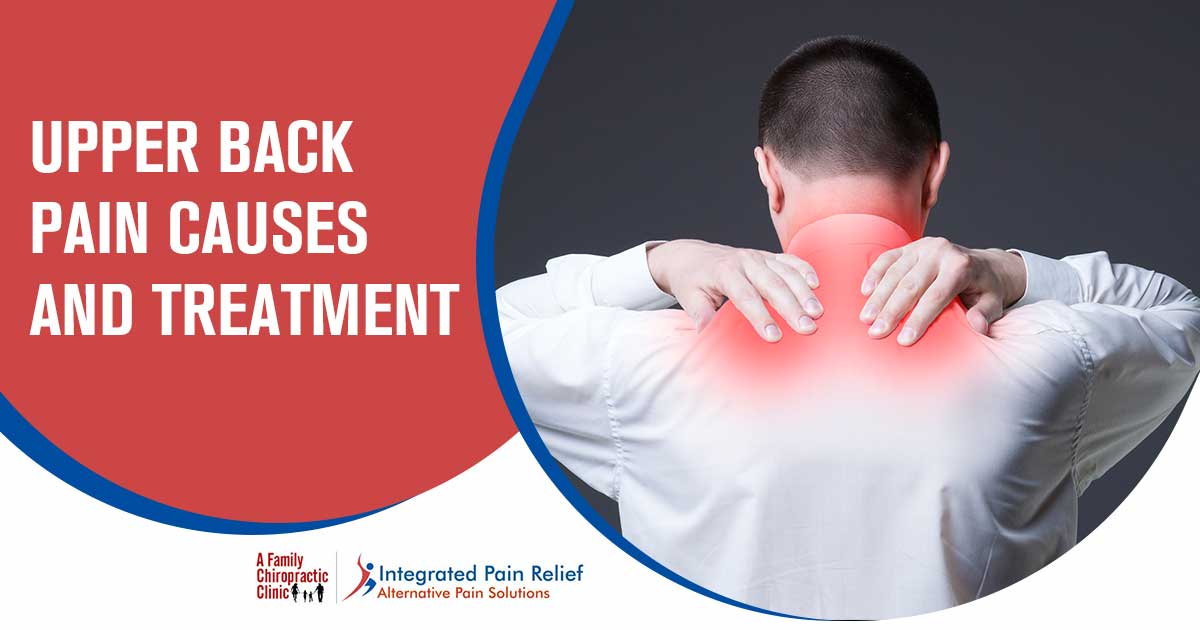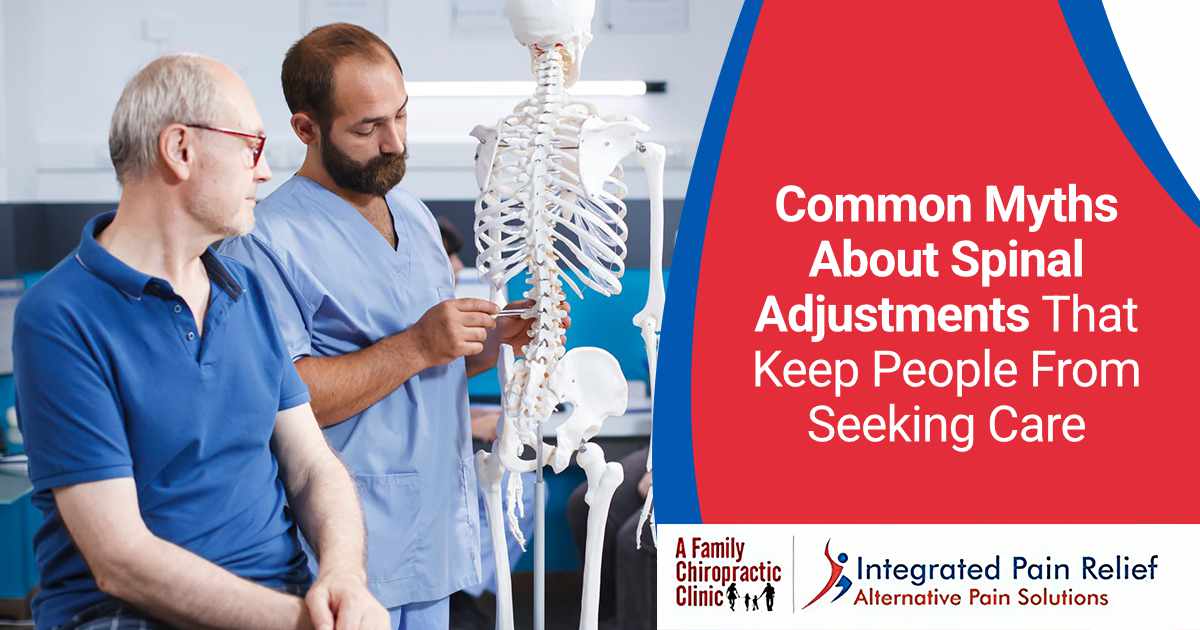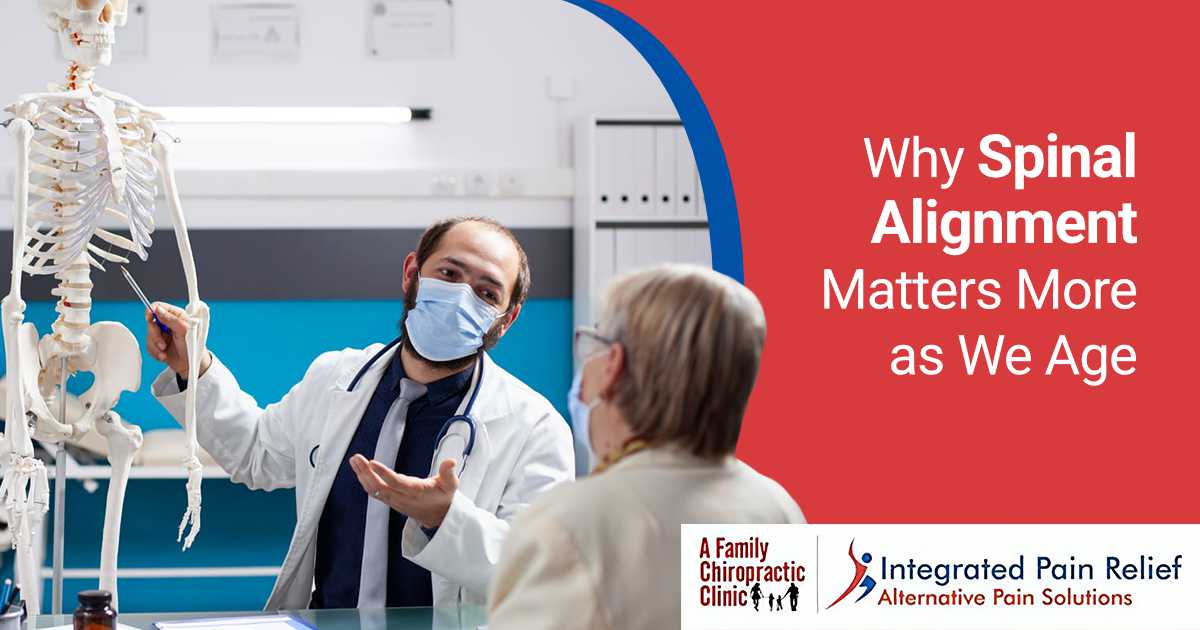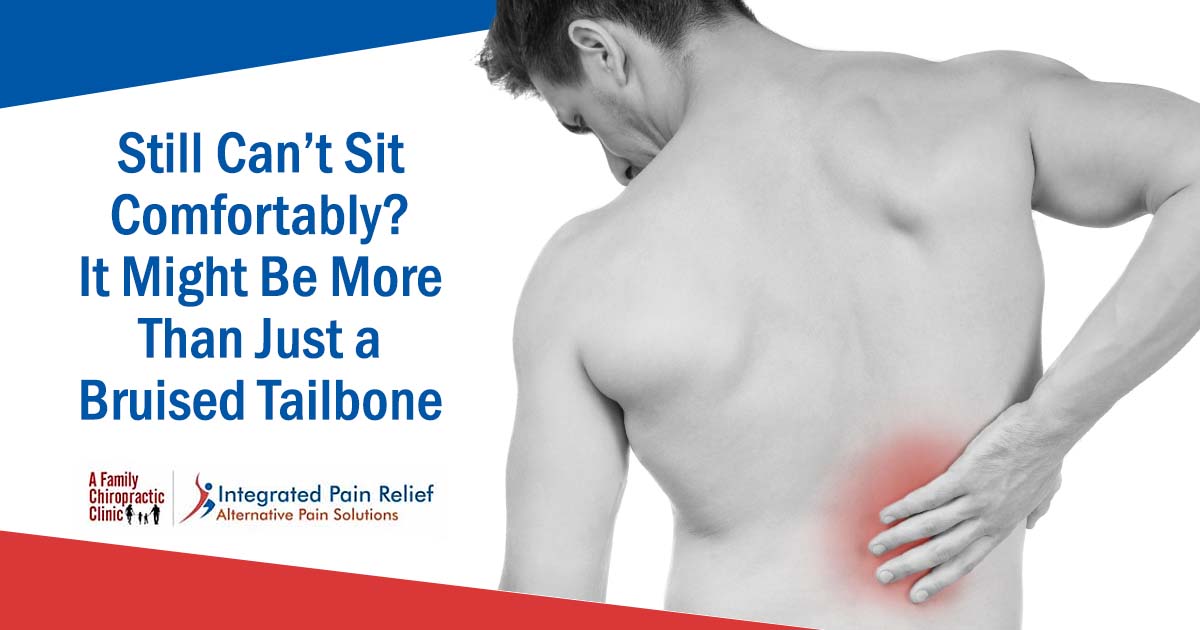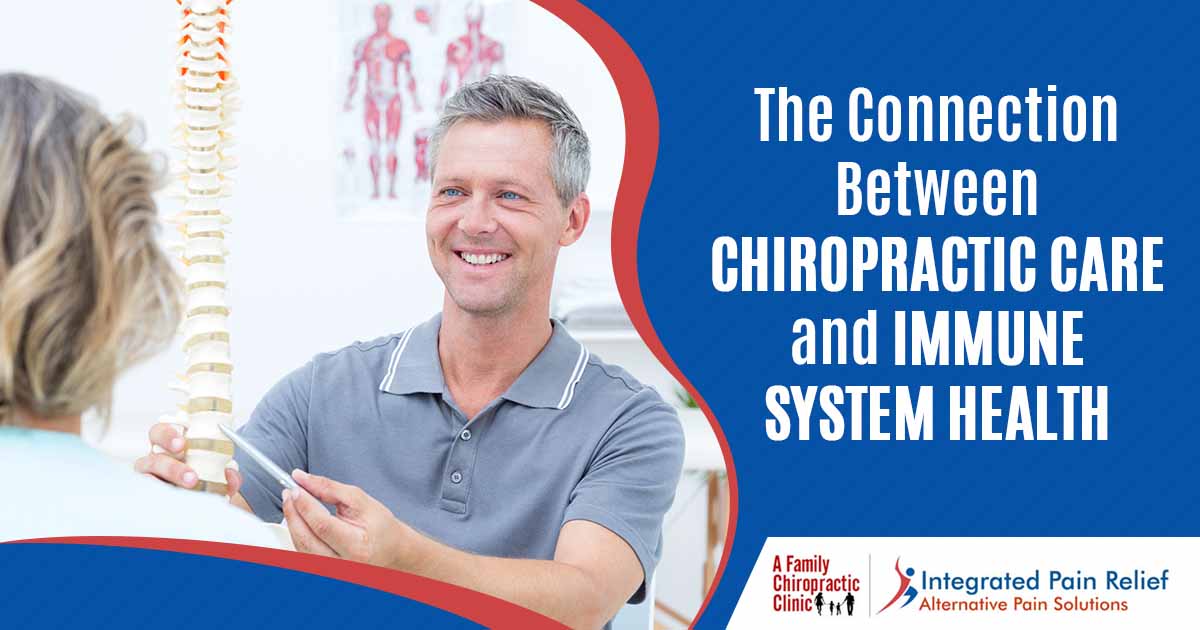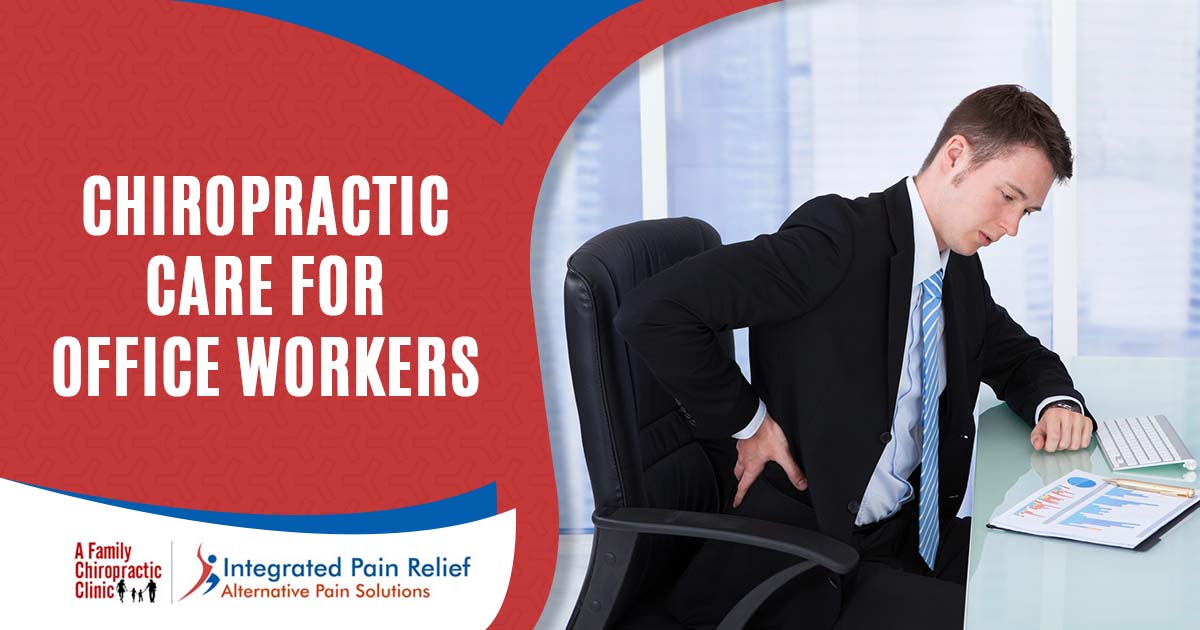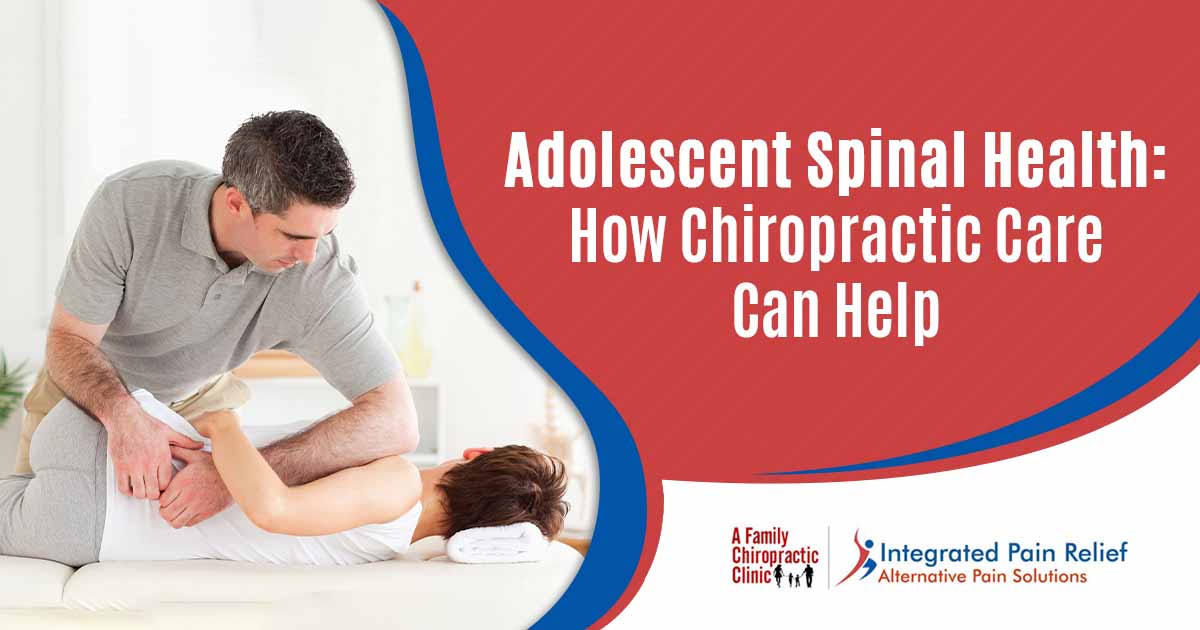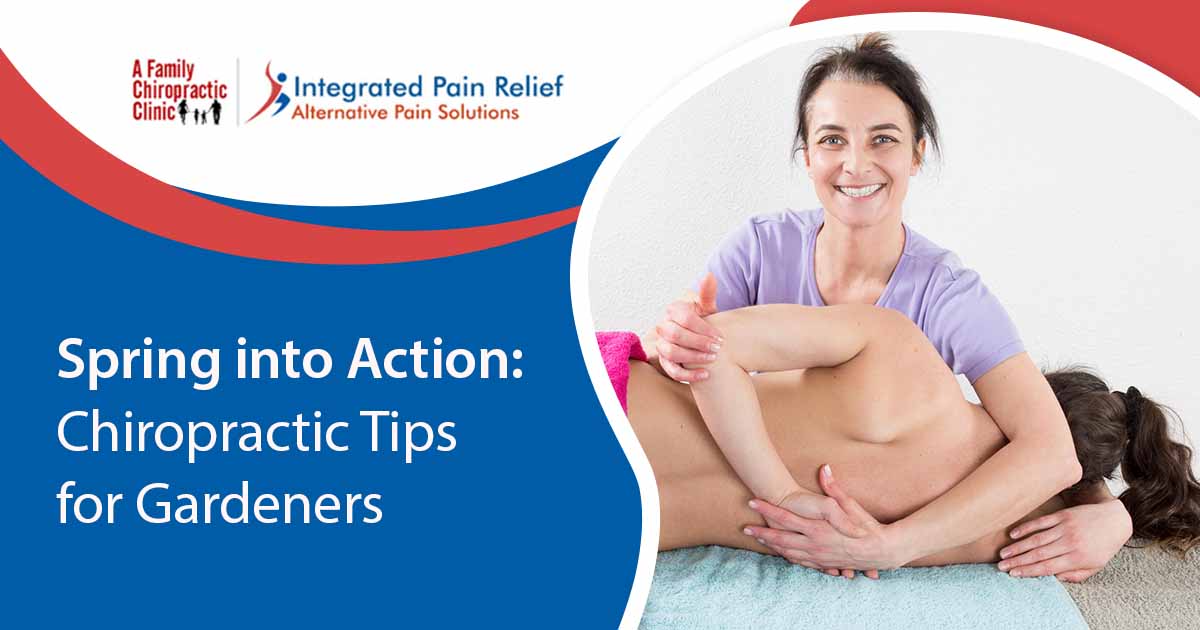Upper back pain can differ greatly from lower back pain. While upper and lower back pain have many of the same causes, overuse and stress being a leading cause, a significant portion of upper back pain cases can indicate a more severe underlying health condition.
Anatomy of the upper back
The upper back, or thoracic spine, is surrounded by the rib cage. The rib cage protects the upper back and allows for far less movement than in the lower back.
Each of the first nine vertebrae are connected to the ribs on each side, which wrap around the body and connect to the breastbone. The ribs and the spine together give sturdy protection for the heart, lungs, and liver.
Upper back pain can occur anywhere between the base of the neck, the shoulder blades, and the first twelve vertebrae.
Causes of upper back pain
The most common causes of upper back pain are as follows:
- Poor posture: Sitting in office chairs and using electronic devices have taken a toll on our posture. The head and neck often rest further forward from the rest of the spine. Once you make a habit of poor sitting posture, your posture while standing will suffer too.
- Emotional or physical stress: The more stress or anxiety you feel, the more you are likely to tense your muscles. Stress is often expressed in the body as chronic physical pain.
- Muscle irritation and overuse: Even if you don’t sit a lot for your job, you might spend a lot of time looking down or doing repetitive motions with your arms or shoulders. All of this can lead neck, shoulder, and upper back pain.
- Injuries: Any damage sustained to the upper back or ribs during a fall or accident can cause upper back pain.
- Disk herniation: This is more common in the lower back, but disk herniation can occur in the upper back as well.
- Osteoporosis: This is most common in older adults. Osteoporosis has been known to cause compression fractures of the vertebrae in the upper back. Some of these type of fractures can happen spontaneously and without warning in older adults. Osteoporosis can also increase the risk of broken bones and serious injury in a fall or accident.
Treatment for upper back pain
If your upper back pain has a specific, discernible cause, that cause must be treated first. For example, if your cause of back pain is osteoporosis or arthritis, there are medications to prevent future problems. If the cause is an injury, you might need a brace or physical therapy to remedy your pain.
If poor posture is your problem, as is for a great many upper back pain sufferers, you will need to make changes in your environment to allow for correct posture. Give yourself regular breaks throughout the day to get up from your desk, walk, and stretch. Make sure your work environment is as ergonomic as possible. Your chair should be supportive and allow you to sit up straight and your desk should be the right height for how tall you are.
Other cases of chronic upper back pain do not have any obvious cause. If you cannot determine the cause of your upper back pain, these suggestions may work. These are non-specific, non-invasive measures that can be taken to treat any kind of chronic pain.
- Massage therapy: Swedish massage or deep tissue massage are two of the most popular and widely available kinds of massage. Both can be very effective for pain management. Always tell your massage therapist any specific places you have pain before you begin.
- Ice and heat: Especially if you have to sit for a long time, use a heating pad on the part of your back that hurts. You can also try ice and see which works better or you can alternate between heat and ice.
- Chiropractic adjustments and manipulation: Regularly seeing a chiropractor can improve your overall health and correct any structural problem with your upper back.
- Stretching and Exercise: Exercise is the most common way to treat and prevent chronic upper back pain or any other kind of pain. Start with short intervals of gentle stretching, yoga, and walking if you are not used to exercise. If you desire, work your way up to something more physically intense, such as swimming. The more you move, the more you can be pain free.
- Anti-inflammatory medications: Aspirin or Ibuprofen may work better than Tylenol for pain that is inflammatory. Taking these medications on a short term basis and using them as directed is much better than feeling constant pain. Relieving yourself of pain with medication will make you physically able to take other measures to prevent that pain, such as exercise.

